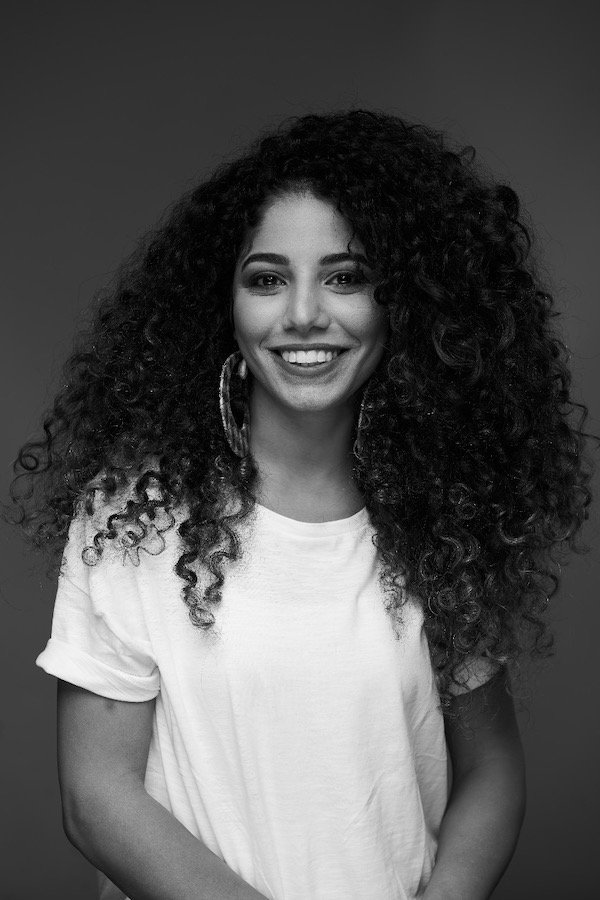The Egyptian artist discusses her three-week performative intervention, which runs until March 18 in Stephenson Pharmacy in Downtown Cairo.

Stephenson and Co. was founded by George Stephenson during the British Occupation of Egypt. It was nationalized during the Nasser era, before being sold to the same Egyptian family that runs it today.
Both the absence of pharmacy museums in Egypt and my fascination with the multiple themes of museology and restoration are what led me to pursue this intervention. I wanted to create an exhibition experience beyond the gallery, in an accessible public setting. I also wanted this to be a practice in breaking into closed spaces, and a questioning of what museology entails, and whether old spaces should be classified as museums or sanctuaries.
I started off by charting the history of the pharmacy and its relationship with the space surrounding it, including other shops in the area. The building was initially a department store under the British before being transformed into its current structure.

First, I documented the different objects in the pharmacy, including artifacts, and old medications that could still be found in the pharmacy’s laboratory. Then came the actual restoration work —including the reparation of timeworn objects and the creation of new ones. I made non-functional objects including drug jars, glass syringes, vases and the pharmacy’s old chandelier. I relied on the owner’s memory to remake some of the old artifacts, which made me ponder the relationship between memory, tales and museology. A lot of times the roles overlapped, and I wasn’t sure whether I was an artist, contractor, museologist or historian.
Along with a film of this stage, I also created an audio guide and a pamphlet structured as a medicine information leaflet to help visitors navigate this intervention. The leaflet includes a QR code that allows visitors to listen to the audio guide remotely, experiencing this intervention beyond the pharmacy space.
The feedback has been so encouraging. Visitors were excited about the possibility of attending an intervention inside an actual pharmacy. I think people are keen to experience art in a new way. As an artist, I have also grown bored with classic exhibition spaces.
I’m excited about the next phase, in which I hope to engage in talks with fellow artists about the idea of performative interventions more generally, and how to develop them further, while exploring the possibility of a sequel to this one.


